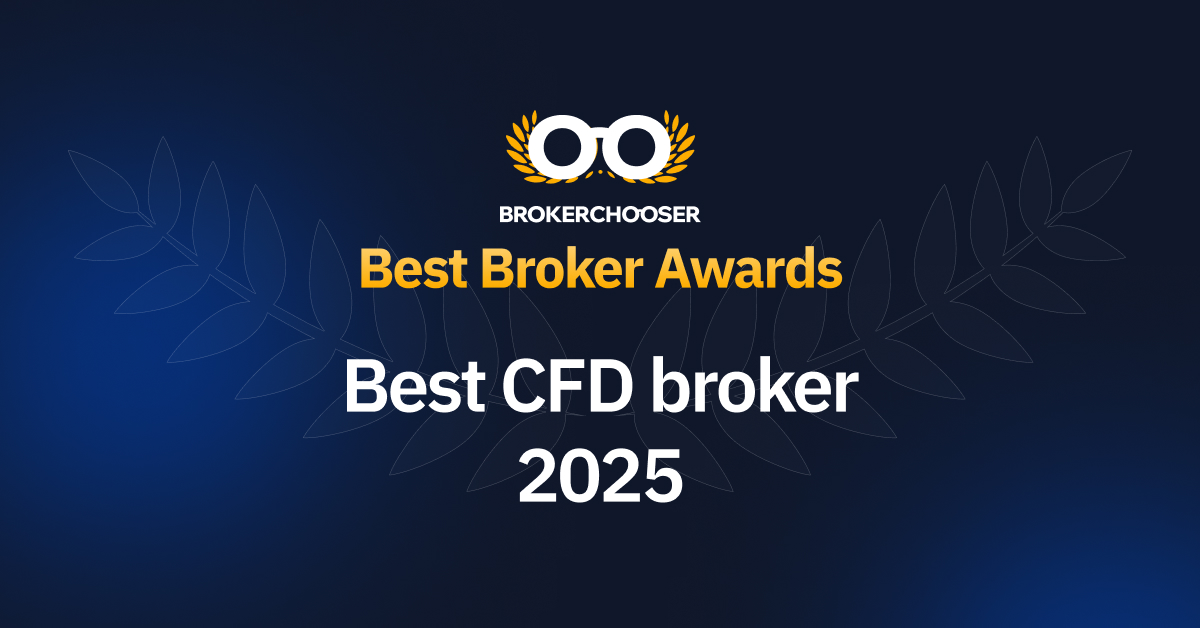Discover the Best CFD Trading Regulations for Success

The Best CFD Trading Regulations: A Comprehensive Guide
Contract for Difference (CFD) trading has gained significant popularity in recent years. As more traders flock to this platform for potentially high returns, it’s crucial to understand the best CFD trading regulations that govern this industry.best cfd trading regulations https://bestbrokercfd.com/cfd-brokers/exness/ These regulations are designed to protect investors and ensure fair practices among trading companies. In this article, we will explore these regulations, their importance, and how they can influence your trading experience.
Understanding CFD Trading
Contracts for Difference (CFDs) are financial derivatives that allow traders to speculate on price movements of various assets without actually owning them. Instead, traders enter into contracts with brokers to exchange the difference in the asset’s value from when the contract is opened to when it is closed. This trading method has attracted many due to its potential for high leverage, flexibility, and the ability to profit from both rising and falling markets.
Why Regulation Matters in CFD Trading
Regulation in the CFD market is crucial for several reasons:
- Protection for Traders: Regulations ensure that brokers operate fairly and transparently. This means that traders can invest their money with confidence, knowing that their capital is safeguarded by regulatory frameworks.
- Prevention of Fraud: Regulatory bodies monitor brokers for compliance, which helps minimize fraud and scams. Traders are less likely to fall victim to dishonest practices by regulated companies.
- Market Integrity: Regulations help maintain a level playing field within the market, fostering competition and promoting ethical practices.

Key Regulatory Bodies for CFD Trading
Several regulatory bodies oversee CFD trading operations around the world. Here are some of the most notable ones:
- Financial Conduct Authority (FCA – UK): The FCA is one of the most recognized regulatory agencies globally. It imposes strict rules on leverage, requiring brokers to provide negative balance protection and ensuring that clients’ funds are held in segregated accounts.
- Australian Securities and Investments Commission (ASIC): ASIC regulates and licenses all financial service providers in Australia. It maintains rigorous standards and transparency, although it allows higher leverage compared to some other jurisdictions.
- Cyprus Securities and Exchange Commission (CySEC): CySEC has become a popular regulator for CFD brokers targeting the European market. It offers a streamlined licensing process and sets strict capital requirements to ensure broker reliability.
- Commodity Futures Trading Commission (CFTC – USA): While CFDs are not widely available in the U.S., the CFTC regulates index and futures products, which may appeal to those interested in similar trading experiences.
- Financial Services Regulatory Authority (FSRA – Abu Dhabi): A newer player in the CFD regulation game, the FSRA has established rules to develop a robust framework for CFDs, further enhancing trust in the market.
Best Practices for Trading with Regulated Brokers
If you are considering CFD trading, it’s important to follow these best practices to protect yourself:
- Choose Regulated Brokers: Always trade with brokers that are licensed and regulated by reputable authorities like the FCA or ASIC.
- Understand Leverage Risks: While leverage can magnify potential gains, it also increases risk. Familiarize yourself with the leverage policies of your chosen broker.
- Read Terms and Conditions: Always read the terms and conditions before opening an account. Look out for fees, withdrawal policies, and any other essential details.
- Utilize Demo Accounts: Most regulated brokers offer demo accounts. Use these to practice trading without risking real money to understand the platform and strategies better.
Final Thoughts
Navigating the world of CFD trading can be complex, but with a solid understanding of the regulations that govern it, traders can make informed decisions. By choosing regulated brokers, understanding the risks, and following best practices, investors can enhance their trading experience while minimizing potential risks. Always stay informed about regulatory changes that may impact your trading activities and continuously educate yourself on market trends for sustained success in CFD trading.
